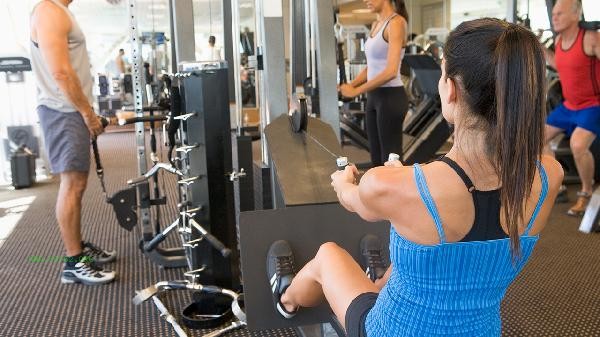Whether to eat or go to the gym after work depends on individual exercise intensity and digestive capacity. Low intensity exercise can start with exercise and then eat, while moderate to high-intensity exercise is recommended with a small amount of extra meals or a regular meal after exercise. Complete fasting before exercise may affect the performance of high-intensity training, especially during strength training or intermittent exercise, which can lead to fatigue and dizziness due to insufficient blood sugar. People with weak gastrointestinal function may experience acid reflux and bloating if they exercise immediately after meals, and it is recommended to have an interval of at least one hour. A small amount of easily digestible carbohydrates such as banana yogurt can be supplemented half an hour before exercise to avoid low blood sugar and reduce gastrointestinal burden. People who are accustomed to high-intensity training at night are more suitable for phased supplementation. After work, they should first consume a small amount of high-quality protein and slow carbon foods, and then supplement with regular meals to help with muscle repair after exercise. Fasting aerobic exercise in the morning can promote fat metabolism, but fasting exercise in the evening may affect sleep quality due to elevated cortisol levels. People with hypoglycemia or metabolic disorders should avoid exercising completely on an empty stomach and adjust their diet and exercise time under the guidance of a doctor. Regardless of which method is chosen, it is important to pay attention to hydration and electrolyte supplementation before and after exercise to avoid dehydration affecting exercise effectiveness. Long term fitness enthusiasts can record their physical reactions to different dietary combinations and find the most suitable plan for their personal circadian rhythm and metabolic characteristics. Supplementing protein and carbohydrates within one hour after exercise can help with muscle recovery, but it is necessary to control total calorie intake to avoid offsetting exercise expenditure. Individuals with gastrointestinal sensitivity should avoid consuming large amounts of high-fat and high fiber foods in a short period of time before and after exercise.










Comments (0)
Leave a Comment
No comments yet
Be the first to share your thoughts!